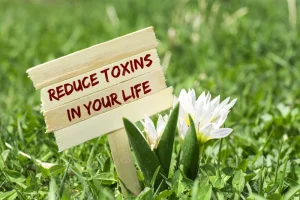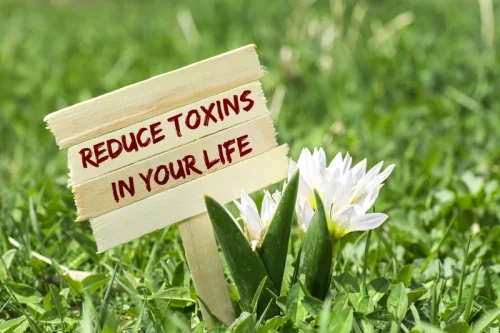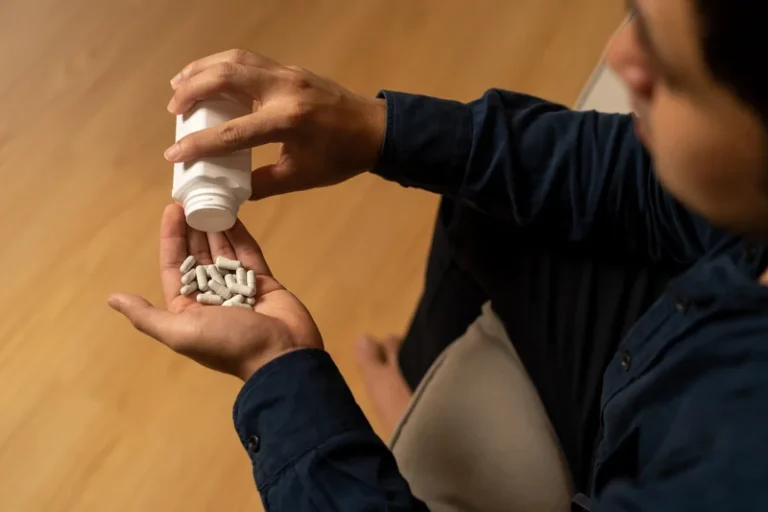
Can children inherit genetic materials from their parents that increase their vulnerability to alcohol? An experiment using rats at Linköping University in Sweden discovered that those with reduced expression of the gene GAT-3 become addicted to alcohol. This brain chemical is widely thought to be involved in alcohol dependence. These insights suggest that those with a genetic predisposition to alcoholism could benefit from early interventions and tailored treatments.
Alcohol withdrawal
Alcohol consumption and drinking have played a role in society for centuries. Most clients start substance abuse treatment with South Coast in our residential treatment program. After completing that, many desire something that still provides structure and support but with extra space and time to oneself.
- Genetic diseases, on the other hand, are illnesses that are caused by mutations in the person’s DNA.
- Scientists have found that there is a 50% chance of being predisposed to alcohol use disorder (AUD) if your family has a history of alcohol misuse.
- However, it’s important to understand that people react to treatment differently.
- Approximately 107,000 people died of drug overdoses in 2021, and 37% of these deaths involved simultaneous exposure to both opioids and stimulant drugs.
- Some underlying genetic issues can lead to alcoholism or increase the likelihood of drinking becoming a problem.
- Concerns about alcohol consumption should be addressed by a medical professional.
Functional significance of GWAS variants
- Genetics aren’t the only way your parents or caregivers can influence AUD risk.
- Endorphins, or lack thereof, may also predispose someone to alcoholism, Medical News Today reports.
- Even without a genetic component, a person can still develop AUD when raised in a certain environment.
- A BAC of 0.18% to 0.30% causes profound confusion, impaired speech (e.g. slurred speech), staggering, dizziness and vomiting.
According to the American Academy of Child & Adolescent Psychiatry, children of alcoholics are four times more likely than other children to become alcoholics. Yet, environmental factors could also be a factor in many of those cases. As a consequence of long-term alcoholism, psychotic substance use disorders also occur, which were not present before.
- Alcoholism, clinically labeled as alcohol use disorder, tends to run in families.
- Some individuals may need to reduce drinking in a hospital or rehabilitation setting to manage acute withdrawal medically.
- The Diagnostic and Statistical Manual of Mental Disorders (DSM-5) provides eleven criteria, of which at least two must be present over twelve months for an alcoholism diagnosis.
- In 2017, binge drinking had the highest reported prevalence in Europe overall, with Eastern European countries, France, and England reporting some of the highest rates of binge drinking.
- Research shows that genes are responsible for about half of the risk for AUD.
Is Alcoholism Genetic? Here’s What You Need to Know
- Intriguingly, in the United States, factors like family wealth play a pivotal role in substance use disorders.
- The catalyst that leads to alcohol abuse is very often an environmental factor, such as work-related stress.
- Environmental factors, such as upbringing, can also increase the risk of AUD.
- With current review, we aim to present the recent advances in genetic and molecular studies of AUDs.
- The disease can begin with regular consumption of small amounts, and people may be oblivious to frequent intoxication.
According to the 2021 National Survey on Drug Use and Health, AUD affects approximately 29.5 million people in the United States. More than 800,000 of the people affected are children between the ages of 12 and 17 years.
Physical effects
This suggests that while a family history is alcoholism inherited of alcoholism can increase susceptibility, it doesn’t dictate destiny. The classification of an alcohol use disorder as a disease has significant implications for prevention and treatment. It emphasizes the need for medical and psychological interventions rather than viewing it solely as a moral or personal failing. Witnessing parents abusing alcohol and experiencing the linked disruptions can increase the likelihood of developing problematic drinking patterns later in life.
What Causes Alcohol Use Disorder?
Today, we have made tremendous progress learning that there is no “alcoholism gene” but genetic markers that accentuate dependence. Learn more about hereditary alcoholism, including the latest research on genetic variants, from the Delphi Behavioral Health Group. The American Association for Cancer Research publishes that the Research Council on Problems of Alcohol was established to try and figure out a scientific link for the effects of alcohol on humans.

Generally, children of alcoholics are more likely to abuse it themselves. There are several things you can do to minimize your potential risk of developing alcoholism, especially if it runs in your family. NIAAA publishes that one of the biggest risk factors for developing AUD is a pattern of binge and excessive drinking on a regular basis.
Is Alcohol Addiction Genetic?
Along that entire spectrum are various behavioral therapies, support groups, and the use of medically-assisted treatment (MAT). If you or a loved one are seeking treatment for addiction, South Coast Behavioral Health is here to help. While there is no single gene for alcoholism, there are multiple genes that increase one’s predisposition for the disease. It’s difficult to directly answer the question of whether or not alcoholism and genetics go hand-in-hand. Alcoholism itself is a complicated disease, but there do seem to be genetic links involved. Your genes may predispose you to it, but you don’t have to let it define or dictate your choices.


It means that a person has inherited specific genes or gene variations that make them more likely to develop a certain condition, such as alcoholism, heart disease, or certain types of cancer. Alcoholism is a chronic condition in which a person is unable to control their level of drinking, especially when it starts to noticeably and negatively impact their life. It involves both physical and https://ecosoberhouse.com/ psychological dependence and is a condition that generally gets worse over time if not addressed through alcohol addiction treatment.
Women’s Detox & Residential Treatment Centers
A 2008 study conducted by the National Institute on Alcohol Abuse and Alcoholism (NIAAA) (a section of the National Institutes of Health) reviewed much of the research on this condition and genetics. The study concluded that genetic factors account for percent of the variance among people who have a problem with alcoholism. Since then, scientists have identified some specific genes that contribute to a genetic predisposition to alcohol abuse.

